[MoE] Japanese Lesson 3 - Basic Sentences
 •
by
•
by William of Edenbury
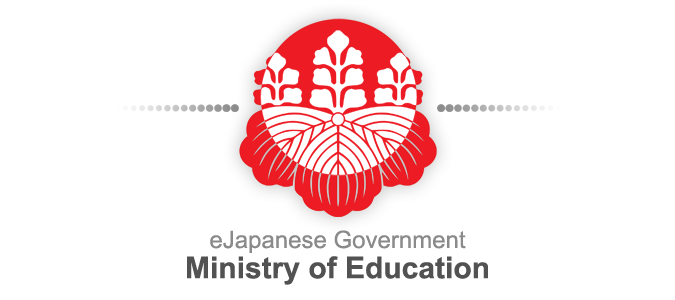
こんにちは みなさん o/
Hello everyone o/
In today's language lesson we will start moving away from the basics of pronunciation and towards sentence grammar. For this first grammar lesson we will learn how to put together the most simple sentences.
Due to the time length that ends up occurring between each article though I will start adding more information to the lessons. So rather than only the title focus of the lesson, each article will also include vocabulary and Kanji sections for you to learn.

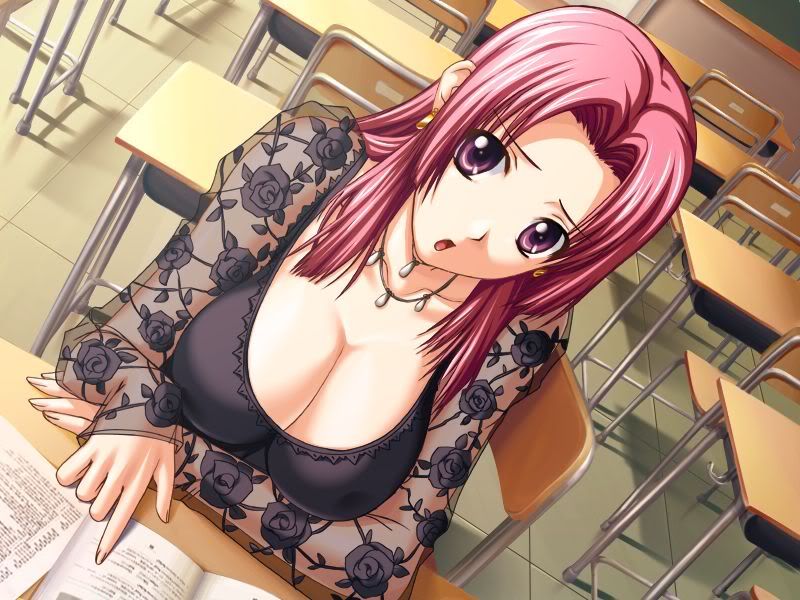
Vocabulary
We'll start this lesson off with the vocabulary section first so you can reference most of the words I will be using in our simple sentences below. The first set of words will be quite useful in referring to objects, but remember not to use them when you are taking about a person lol.
Nouns
これ ---- Kore ---- This (Close to the speaker)
この ---- Kono ---- This (Kono also refers to an object close to the speaker but is attached to a noun: Example, Kono Kuruma wa ooki desu ---- This car is big)
それ ---- Sore ---- That (Close to your listener)
その ---- Sono ---- That (Close to your listener: Attached to a noun)
あれ ---- Are ---- That (Far from both of you)
あの ---- Ano ---- That (Far from both of you: attached to a noun)
どれ --- Dore ---- Which (Doesn't have a の variant)
にほん ---- Nihon---- Japan (One of two ways it is pronounced)
にっぽん ---- Nippon ---- Japan (One of two ways it is pronounced)
Note: You might be a little confused as to why there are two ways to say Japan. That is because Japan is usually written in Kanji (日本 is the Kanji for Japan), and the pronunciation for a Kanji can sometimes vary. Same meaning, different ways of saying it.
ほん ---- Hon ---- Book
くるま ---- Kuruma ---- Car
いえ ---- Ie ---- House
せんそう ---- Sensou ---- War
こい ---- Koi ---- Love (Noun. This word can also refer to a particular type of fish. In romantic comedies you'll sometimes see a joke where one character talks about being in love and another character gets confused and thinks they are talking about fish)
ごはん ---- Gohan ---- Rice
テレビ ---- Terebi ---- TV (Television)
Verbs
たべる ---- Taberu ---- to eat
みる ---- Miru ---- To watch/see
はなす ---- Hanasu ---- To speak


Basic Sentence Structure
Ok here we are at the meat of the lesson. Even if it is only the most simple type of sentence, there is a good bit of a information to remember so take it slow and come back to the article later if you need a break.
Here are some things you have to know before we make a sentence:
1) Sentences in Japanese go subject - Object- Verb. Sentences in English go Subject- Verb - Object. This will seem awkward to you at first but you will get the hang of it with practice.
Example:
English Structure: I ran to the park
Japanese Structure: I, to the park, ran
2) Japanese uses particles. Each particle goes with a certain part of the sentence. These are the two most necessary particles for our lesson:
は ---- Pronounced as Wa when used as a particle ---- Attaches to the subject
を ---- Pronounced "O" despite every chart writing it as "Wo" ---- Attaches to the Object when an action is performed on the object
3) You end up using the word です-- "Desu" alot. Desu can be translated as "is" and it comes at the end of a sentence when there is a noun and no verb. In a far future lesson we will find out that this word is used in polite language, but that's for another day.
Ok now to the sentences

First Sentence Set
1) これ は くるま です ---- Kore Wa Kuruma Desu ---- This is a car
Now notice that particle は. I left it floating by itself so you can see it, but it is usually attached to the noun. In this case, the noun it is attached to is "Kore" meaning "This". So lets break the sentence down
Kore Wa ---- This (Subject of the sentence)
Kuruma ---- Car
Desu ---- Is
"This Car is" is in the Japanese grammar form, lets change it back to English and we get "This is a car". Simple huh?

Second Sentence Set
Ok lets do another similar sentence with some words we learned before:
2) わたし は ウィリアム です ---- Watashi Wa Uiriamu Desu ---- I am William
Now notice how the meaning of "desu" changed from "is" to "am". Well I should say that it looks like it changed, but really "is" and "am" both indicate the same thing, the state of "being". Now lets break it down again so you can get some practice.
Watashi Wa ---- I (subject of the sentence)
Uiriamu ---- William
Desu ---- Am
Now we change "I William am" to English sentence structure and we get "I am William".

Third Sentence Set
Notice what is different in this sentence.
こい は せんそう ---- Koi Wa Sensou ---- Love is war
So did you catch it? No, not the reference to the Miku song, but the absence of です "desu". You can leave out "Desu" from a sentence because it is usually understood to be there even if you don't say it. This is why you don't hear "Desu" every second when you listen to Japanese even though I told you it is used a lot. (There are of course certain anime/manga characters that do use it after every sentence though, but its supposed to be a cute character quirk lol) So why did I tell you about it if you don't really need to use it? Because you need to understand that it is there even if you don't hear it.
*Note* despite how sure I may sound, Desu is weird and it is hard to explain. Even my own Japanese teacher didn't really go in depth with it and a few native Japanese speakers that I've heard asked about it were unsure how to explain it or its use/nonuse in detail. If anyone has any corrections on this part part in particular, please be sure to let us know in the comments section.

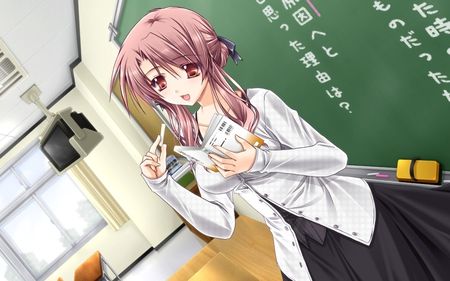
Fourth Sentence Set
We shall now get a bit more complicated with our sentences by introducing the particle を into the mix. This particle attaches to a noun that has an action being performed on it.
わたし は ごはん を たべます ---- Watashi wa gohan o tabemasu ---- I eat rice
First, let me point out that "to eat" is written as "Tabemasu" here instead of "Taberu" like in the vocabulary list. This is verb conjugation and we will get to it in the next lesson, for right now just understand that the meaning has roughly changed from "to eat" to "(The subject) Does eat". Now lets break down the sentence so I can explain what is going on with を.
Watashi wa ---- I (subject)
Gohan O ---- Rice (object)
Tabemasu ---- eat
In this sentence を "O" indicates that the action of "eating" is being done to the object of the sentence, "Rice". And that pretty much it. The particles are strange but these first two we are learning about are pretty simple once you get the hand of them. For contrast, let me show you this sentence without the action being done to a particular object.
わたし は たべます ---- Watashi Wa Tabemasu ---- I eat
Here we can't put を anywhere because I did not say what I was eating, so the verb has no object it can be attached to by を.

Fifth sentence Set
Lets do one more sentence with を
わたし は テレビ を みます ---- Watashi Wa Terebi O Mimasu ---- I watch TV
No tricks or anything new here, lets get straight to the break down.
Watashi wa ---- I (Subject)
Terebi O ---- TV (Object)
Mimasu ---- Watch
As you can see, the TV is what is receiving the action of "watching" so it has を to indicate that the TV is in fact what I am watching. Now lets do this without を and no object
わたし は みます ---- Watashi Wa Mimasu ---- I see/watch
Since there is no object, then を can't be used in this sentence, simple as that.

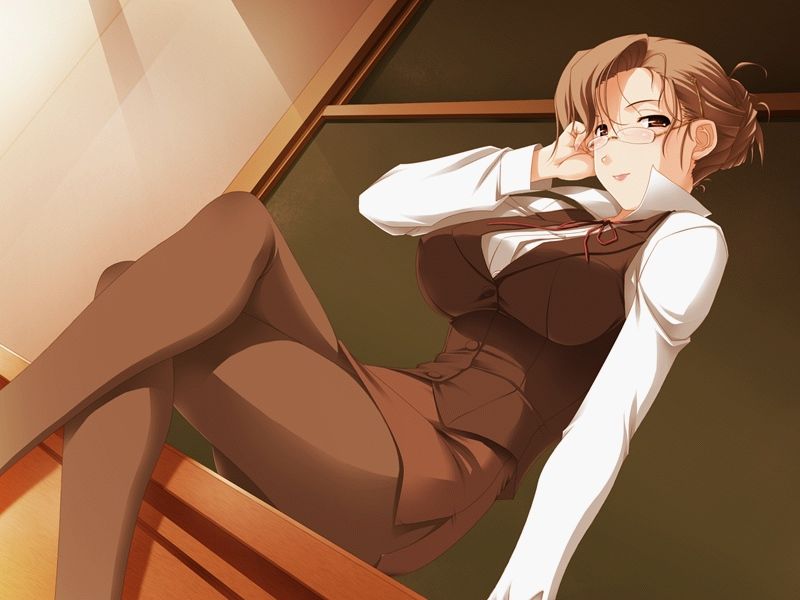
Ok ladies and Gents, lets end this lesson with the Kanji of some of our vocabulary words.
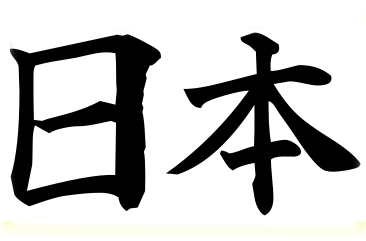
日本 ---- Nihon/Nippon ---- Japan ---- Origin of the Sun (That's the literal meaning of the Kanji. Now you understand why its the land of the rising sun)
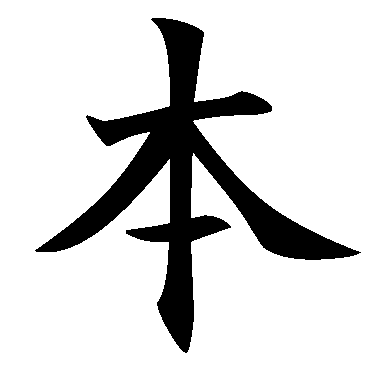
本 ---- Hon ---- Book (I did this to show you Kanji can have more than one meaning. By itself 本 means "Book" but in 日本 it means "origin")
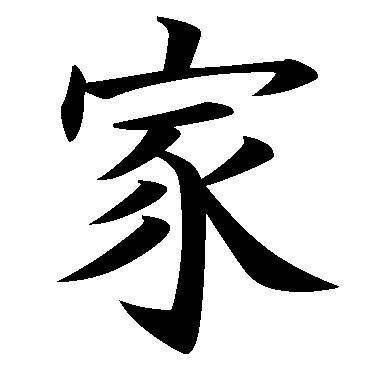
家 ---- ie ---- House
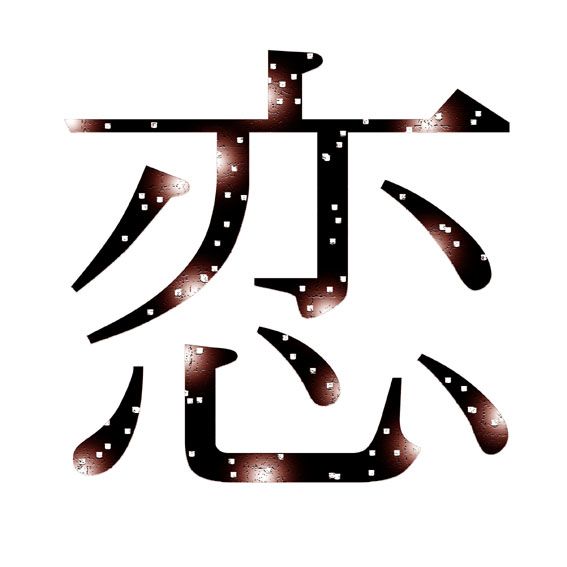
Look up the image for this Kanji and you find a large amount of Oppai (Boobs) for some reason lol
恋 ---- Koi ---- Love (Noun)
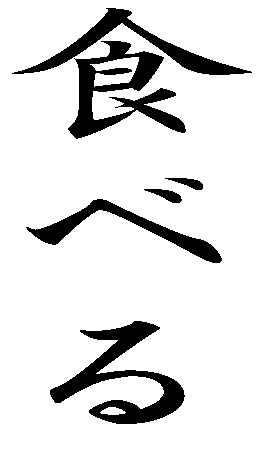
食べる ---- Taberu ---- To Eat (Not all words are completely expressed inside a Kanji. Verbs especially have some of themselves outside the Kanji, otherwise you couldn't change the ending to conjugate them.)
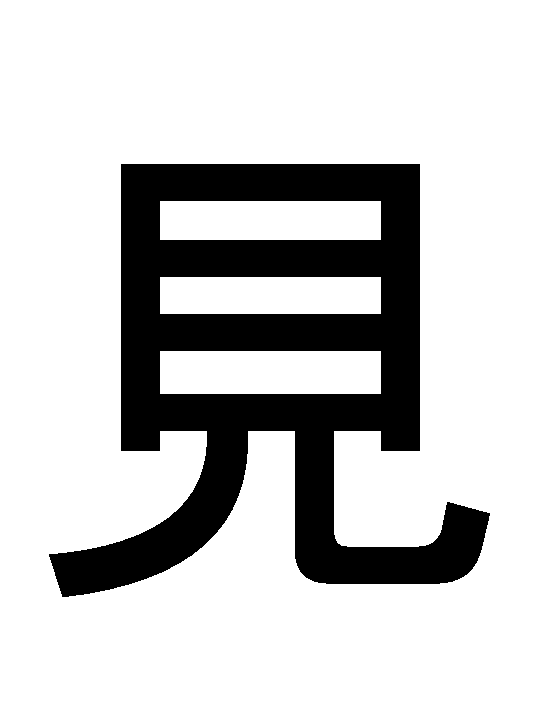
見る ---- Miru ---- To see
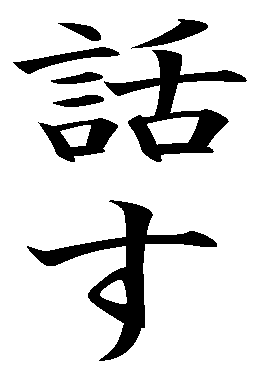
話す ---- hanasu ---- To speak
And that's all for now, aren't you glad? lol
~秀吉 ウィリアム
Minister of Education


Comments
It took me about 4 hours to write this so there will be some mistakes. I am too tired to to check it or fix those heug images so be sure to pop back in before the article's two day time limit and check the comments section for corrections
great job 🙂
ごはん....Onichan!
v
v
voted!
v
愛 + 恋 + せんそう= today
voted
teach us williiam sensei 😁
Bravo...bravo xD
http://i.imgur.com/u8awa.gif
Good work
http://i.imgur.com/2sREC.gif
http://img.batoto.net/comics/2011/11/25/o/read4ecf517e85bf8/img000005.png
hmm..i would teach them something more useful and mainstream like 'お万個をなめたい。'
そんな破廉恥なこと言うな!ww
憧れています。
If you want pictures of kanji.. you can just open MS paint then use the text tool, get a nice and big font, then type the words in.
Like this, maybe not this font though. http://i.imgur.com/0PSomHR.png
Oh Thanks, I didnt know about that 🙂
Great article!
V+
This is an awesome article and effort, thanks!
I am currently learnig Japanese so this is a BIG help for me 😃 so ty and keep up the good work.